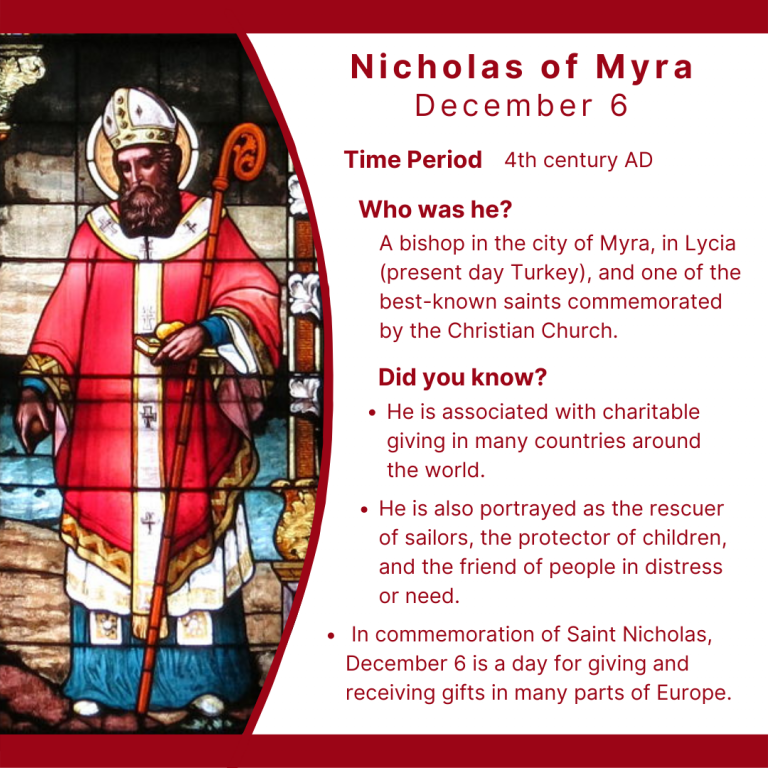Christ is Mercy
 by Mathew Block
by Mathew Block
“But the tax collector, standing far off, would not even lift up his eyes to heaven, but beat his breast, saying, ‘God, be merciful to me, a sinner!’” – Luke 18:13
So ends one of the most beautiful parables told by Jesus. Two men—one a Pharisee and the other a tax collector—go up to the Temple to pray. The Pharisee approaches God in a spirit of self-righteousness; he expects God to look upon him favourably because of the godly life he has led. But the tax collector is deeply conscious of his sin. He stands far off, his eyes cast down, and prays for mercy—not because he deserves it but because God is merciful. “I tell you, this man went down to his house justified,” Jesus concludes, “rather than the other” (18:14).
For anyone who has ever felt the sting of conscience, anyone who has ever been overwhelmed with horror at their own sin, this parable is deeply consoling. Christ is merciful. He knows you are a sinner, and yet He comes to you anyway. “I have not come to call the righteous,” Jesus says, “but sinners to repentance” (Luke 5:32). He comes for sinners. He comes for you.
As Christians, we need to hear this good news again and again. As St. Paul says: “The saying is trustworthy and deserving of full acceptance, that Christ Jesus came into the world to save sinners, of whom I am the foremost” (1 Timothy 1:15). Yes, we are all of us sinners. And we are saved only through the mercy of Christ—mercy which He has in great love and compassion won for us through His death on the cross and resurrection.
This is truly the heart of the Gospel. And yet even this good news can be twisted out of shape by Satan, the world, and our own sinful nature. An insidious thought arises: If we are saved by grace alone—through God’s mercy alone—then does it really matter how we live? The question is seldom put so bluntly, but it underlies the actions of many people in our world today including, sadly, many people even in churches. And it has devastating spiritual consequences.
The error can manifest in different ways. In one case, people simply throw up their hands and say, “Sin cannot truly be resisted. So why try? God will forgive in the end because of grace alone!” There is a presumption here on the mercy of God that can be dangerous to our souls. Another case occurs when people begin to deny that sin is really sin at all. “All the stuff about sin in the Bible is irrelevant and dated or simply wrong,” people say. “Just focus on the love and mercy of Christ. He loves you no matter what you choose to do or how you choose to live.”
In these instances, God’s mercy becomes not salvation and the power to live a new life but instead an excuse or even license to go on sinning. St. Jude writes that people like this “pervert the grace of our God into sensuality” (Jude 4). And St. Paul makes it clear that such presumption on God’s mercy is itself sin. “Are we to continue in sin that grace may abound?” he asks. “By no means! How can we who died to sin still live in it?” (Romans 6:1-2). St. John concurs: “No one born of God makes a practice of sinning, for God’s seed abides in him and he cannot keep on sinning, because he has been born of God” (1 John 3:9).
We ought to recognize the seriousness of our sin by seeking to turn away from it, God helping us. But when we fail, as we all do this side of heaven, we must not despair. Our Jesus is still the God who came to seek sinners. He is seeking you now. He comes with mercy, beautiful mercy, for you—for He is Mercy in the flesh.
We look to that mercy our entire lives. In this issue, we seek the love and mercy of Christ in different ways. We learn how Martin Luther shared the mercy of Christ through his care of souls (page six). We see how a parent grieving the death of their children looks with hope to the mercy of Christ in the midst of the sorrows of this world (page nine). And we ask what it means to show mercy to the church workers at work in our congregations (page 12).
O Christ, bless us with Your mercy all the days of our lives. Help us to recognize the severity of our sin, and lead us back to Your love and forgiveness. Be merciful to us, O God, for You are Mercy. Amen.
 “But you, beloved, building yourselves up in your most holy faith and praying in the Holy Spirit, keep yourselves in the love of God, waiting for the mercy of our Lord Jesus Christ that leads to eternal life.” – Jude 20-21
“But you, beloved, building yourselves up in your most holy faith and praying in the Holy Spirit, keep yourselves in the love of God, waiting for the mercy of our Lord Jesus Christ that leads to eternal life.” – Jude 20-21
———————
Mathew Block is editor of The Canadian Lutheran and the Communications Manager of the International Lutheran Council (ILC).



